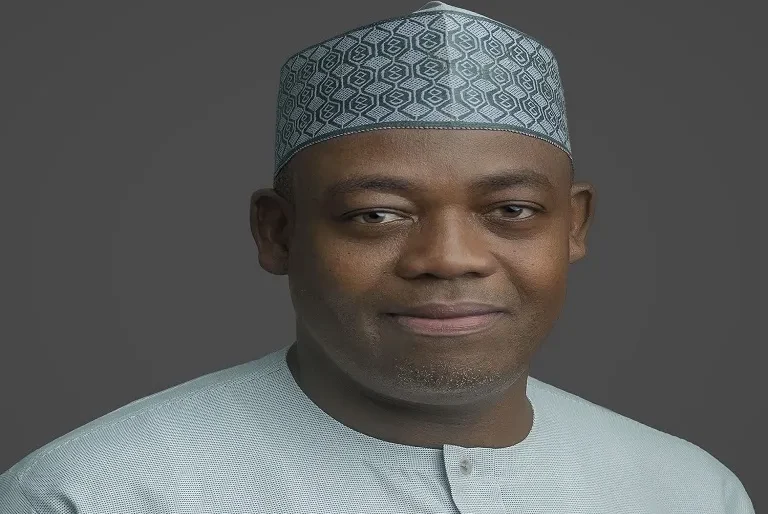Article Summary
- Nigeria is the only African country that has been selected to launch the IFRS S1 and IFRS S2.
- There is an adoption readiness strategy mapped out to help accountants and auditors in sustainability and climatic reporting.
- The IFRS standards are used across 140 countries and the objective is to enable companies to provide comprehensive, decision-useful sustainability and climate information to global capital markets and develop a common language of sustainability-related disclosures.
The Executive Secretary, of the Financial Reporting Council (FRC) Nigeria, Ambassador Shuaibu Adamu has revealed that Nigeria is the only African country that has been selected to launch the IFRS S1 and IFRS S2.
Adamu stated this at the 3-day virtual workshop on IFRS Sustainability Disclosure Standards for companies as well as investors in the capital market in Lagos organized by NGX Regulation Limited, the International Sustainability Standards Board (ISSB), and the Financial Reporting Council (FRC) of Nigeria.
He added that the key to the launching of these standards has been awareness and capacity building.
- Adamu said: “It is encouraging that African countries are coming together to collaborate in this capacity-building programme because Africa does not want to be left behind. We want to thank NGX RegCo for agreeing to partner with us and they have been so far worth partners in this endeavour. ISSB wants implementation of these standards globally and they have taken time to ensure Africa is not left behind”.
The Chief Executive Officer, of NGX RegCO, Ms Tinuade Awe, said the 3-day virtual workshop on IFRS Sustainability Disclosure Standards for companies as well as investors in the capital market was organized to help investors understand the basic concepts of the SASB standards and make effective decisions based on the standards.
Adoption readiness strategy
Awe noted that NGX RegCo remains committed to promoting a fair, transparent, and orderly market that thrives on full and timely information needed for the protection of investors in the Nigerian capital market.
- She said, “As a member of the NGX Group, our commitment towards driving sustainability and climate disclosures dates back in time and continues as we partner with organisations such as the FRC and so we are pleased to have these sessions as they are important, and we look forward to having more collaborations with the FRC as well as other organisations”.
- Awe further revealed that there is an adoption readiness strategy mapped out to help accountants and auditors in sustainability and climatic reporting.
- “The adoption readiness working group is a creation of the FRC supported by the ISSB where a group of people is being put together to advise or help the FRC on a roadmap for getting to the adoption of these standards to work in Nigeria”, she said.
IFRS standards are used across 140 countries
Also speaking, Board Member, ISSB, Ndidi Nnoli-Edozien, said that the IFRS standards are used across 140 countries and the objective is to enable companies to provide comprehensive, decision-useful sustainability and climate information to global capital markets, develop a common language of sustainability-related disclosures.
- “What we have done is adopt a building block approach which allows for regulators to put in place a connection between not just the IFRS standards, but also existing local multi-stakeholder information needs and local standards that currently exist. All together to meet the information needs of investors globally.
- The idea is to make things simpler so that on one hand, S1 and S2 are interoperable with jurisdictive requirements like you have in Europe, for example, ESRS, and adapted to meet broader multi-stakeholder needs that may look familiar like the GRI Standards so that essentially, a comprehensive foundation of disclosures is provided. The S2 is what will be implemented first”, Nnoli-Edozien said.
